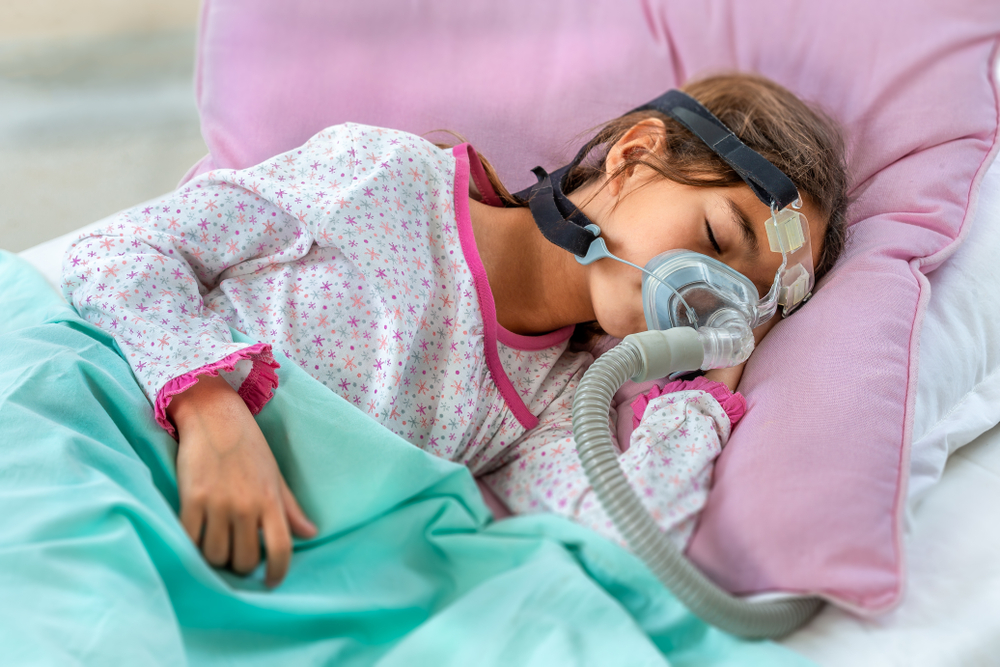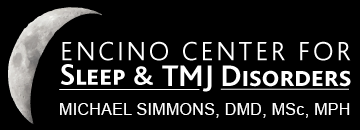
Helping children catch a good night’s sleep: Understanding and managing sleep apnea
Pediatric Sleep Apnea, although uncommon, can still be a troubling condition. There are stark differences between Adult Sleep Apnea and PSA. There are differences in causes and effects. Where adults may be a bit irritable and tired during the day, children may develop behavioral and learning difficulties at school, among many other difficulties.
Causes of Sleep Apnea in Children
Although the most common cause of sleep apnea in adults is excess weight, this is rarely the cause for children. While obesity can be a factor, more often than not, enlarged tonsils or adenoids can cause Pediatric Obstructive Sleep Apnea (POSA) in children.
Symptoms of Sleep Apnea in Children
During the night, sleep apnea symptoms may seem very common in sleep apnea:
- Snoring
- Pauses in breathing
- Restless sleep
- Nighttime sweating
- Bed-wetting
- Night terrors
However, during the day, the most noticeable symptoms may be:
- Poor grades
- Attention difficulties
- Learning problems
- Behavioral problems
- Poor weight gain
- Hyperactivity
Treatment for Sleep Apnea in Children
If your child is suffering from sleep apnea, your best bet is to have their throat examined. The most common cause of POSA is oversized tonsils, and your child may need to have them removed. If your child’s sleep apnea is not being caused by an obstruction, we recommend seeing your local sleep dentist.
Don’t Wait to Get Your Child a Good Night’s Sleep
If you suspect your child may have sleep apnea, don’t wait any longer to seek help. Contact our sleep apnea specialist today to schedule a consultation and take the first step toward a better night’s sleep. Don’t let sleep apnea control your child’s life. Take control of your child’s sleep health now.
